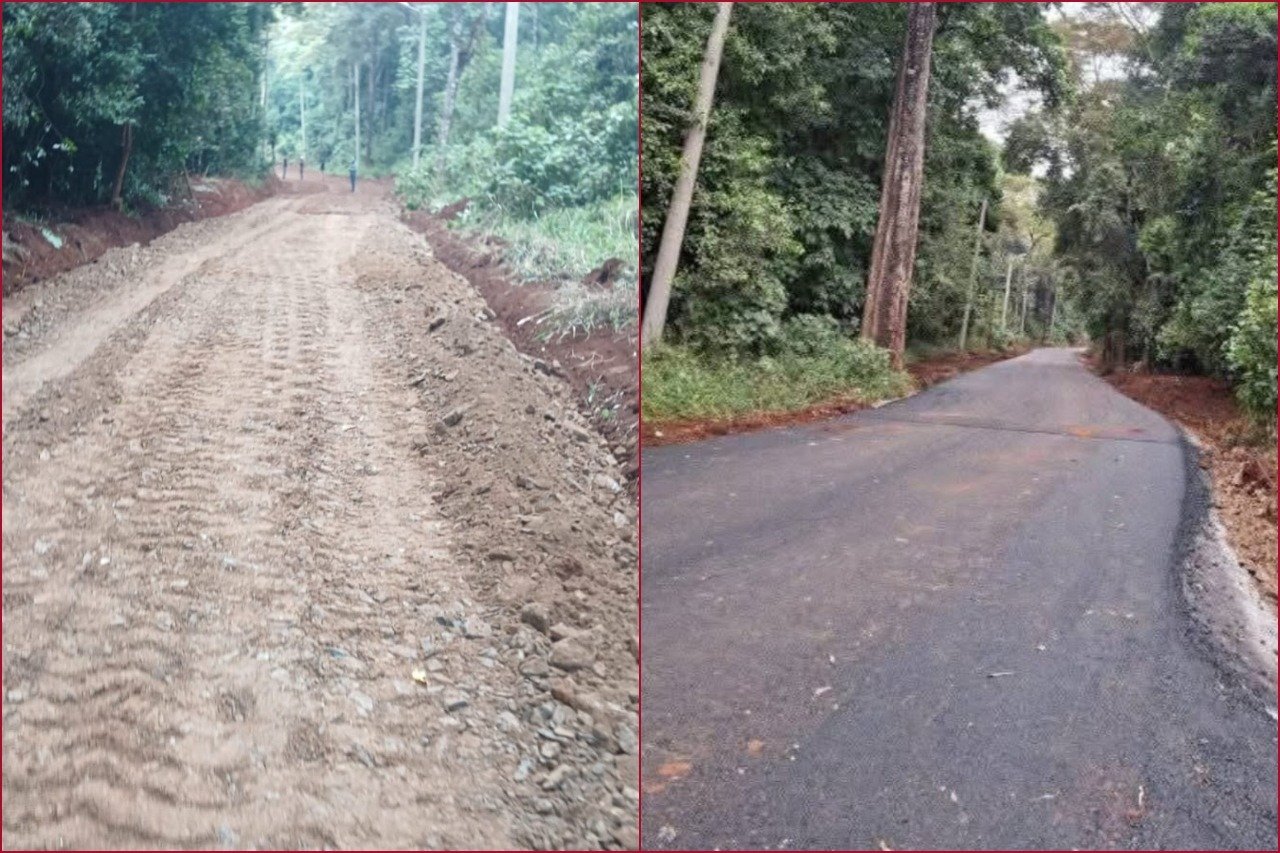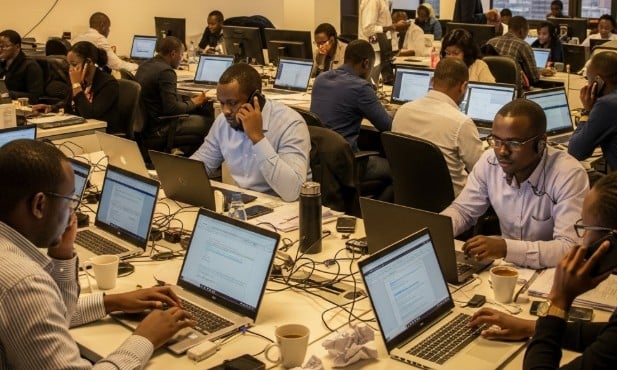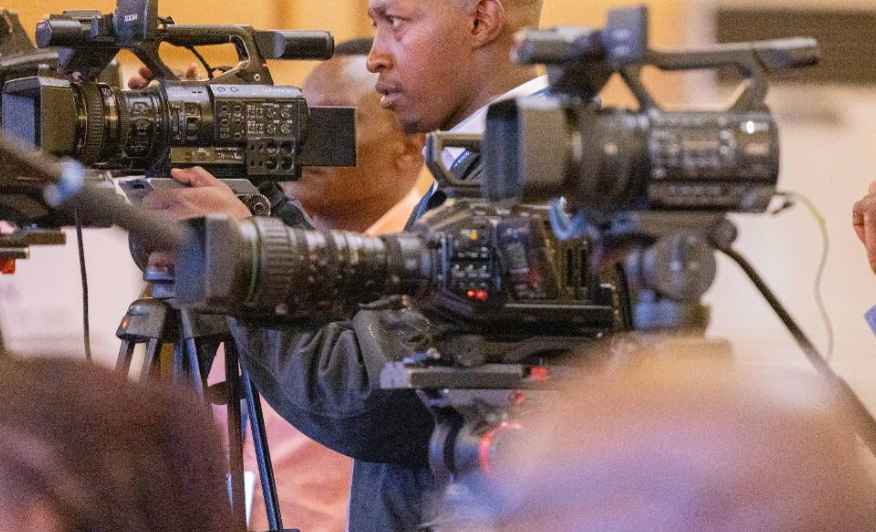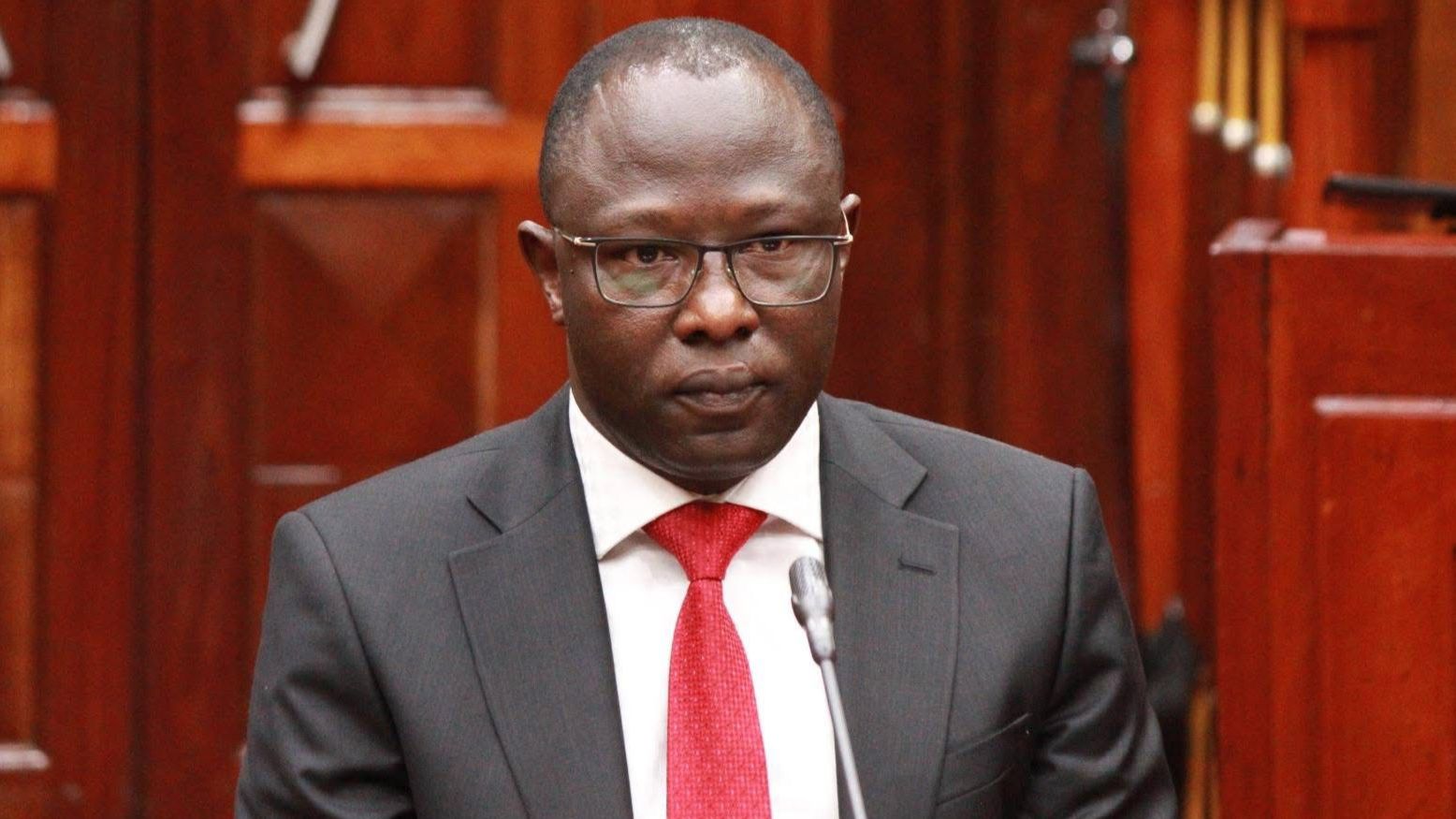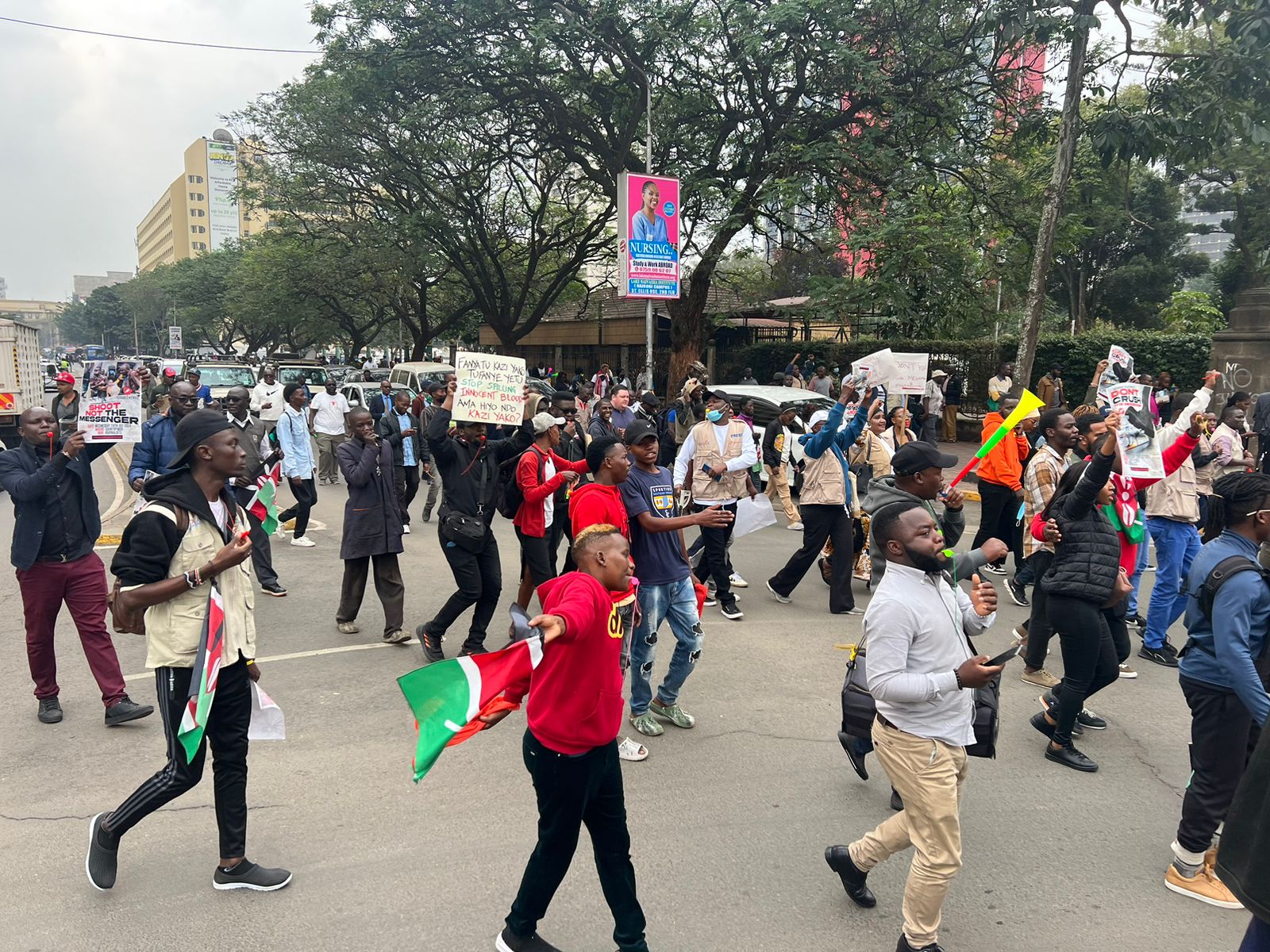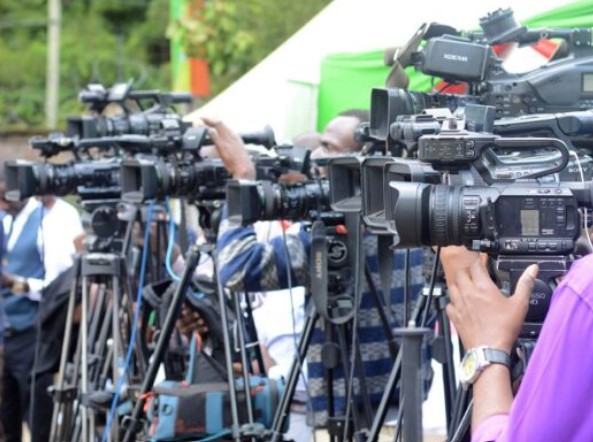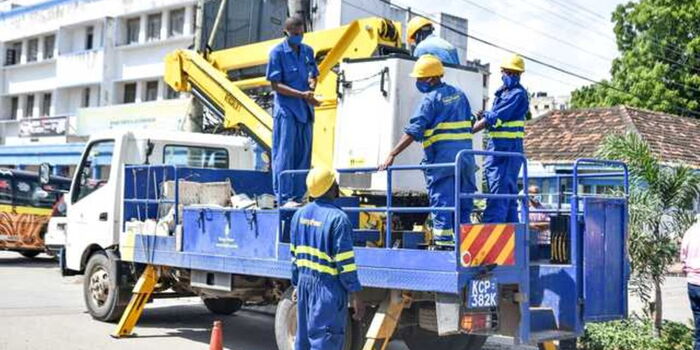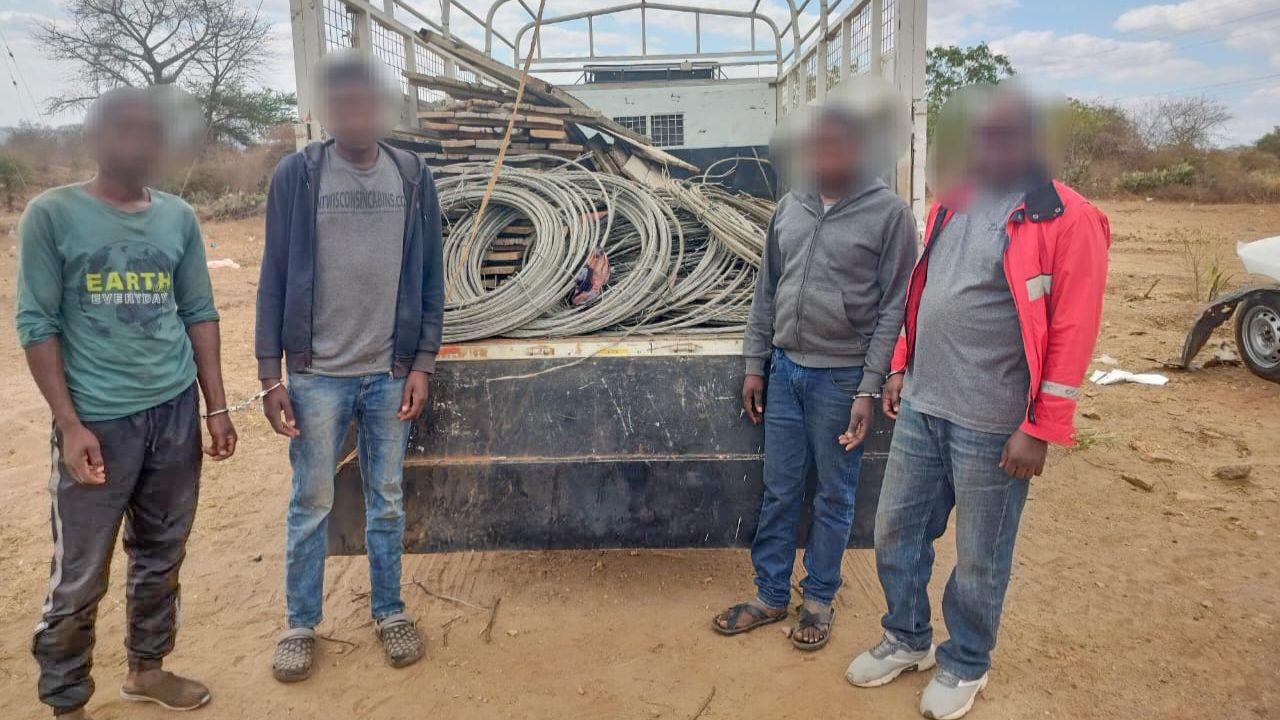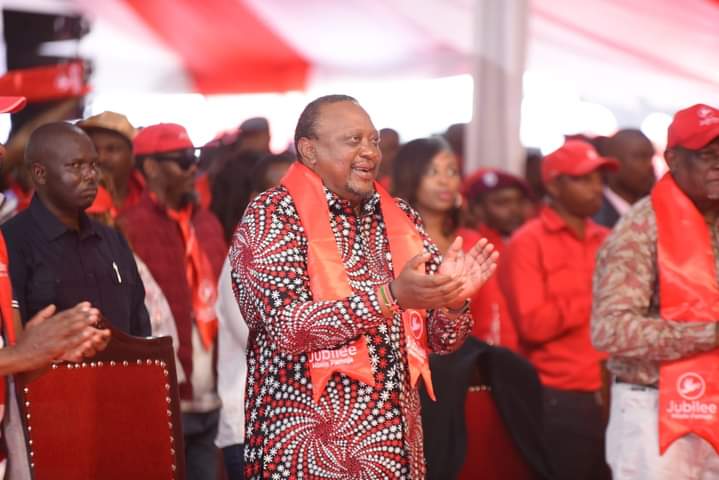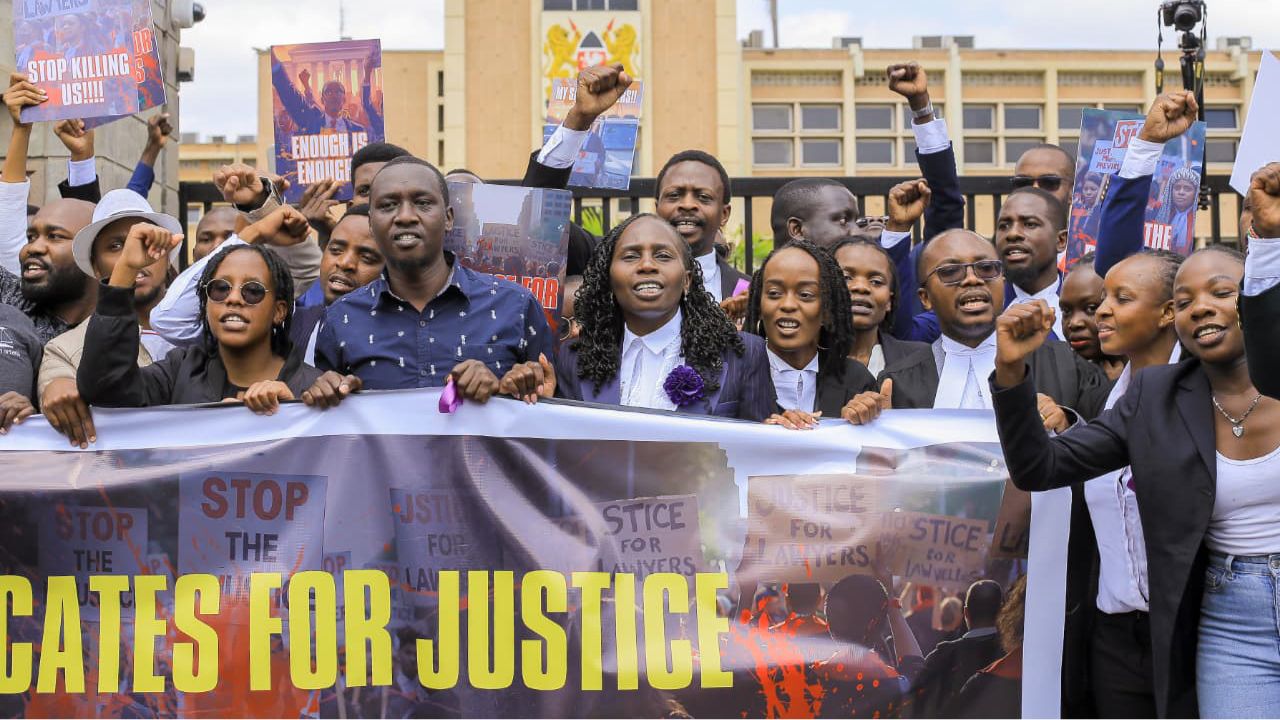In our segment of #KenyaWomenSeries, we feature, Victoria Rubadiri. A renowned broadcast journalist, the second Kenyan to win the 2020 BBC News World Komla Dumor award, and also a Kuza Award recipient from the Communications Authority of Kenya.
Rubadiri has a rich inter-cultural background, having lived and studied in the US for 14 years and at least 21 years spent in Kenya. She says that this has given her a unique perspective on the human experience across geography, class, and race, by learning and understanding cultural nuances.
She also comes from a background of high achievers. “My grandfather, professor David Rubadiri, was a Malawian diplomat, academic and poet, playwright and novelist and ranked as one of Africa’s most widely anthologized and celebrated poets to emerge after independence.
“Knowing that you come from such stock does put some level of pressure on you to aspire to achieve some measure of greatness. It still amazes me to hear the legendary shoulders he rubbed and important names he rattled through his work. It seems insurmountable to even accomplish a fraction of what he did, but the bar he set remains a challenge to myself and his other grandchildren to seek to attain,” She says.
Well, Victoria Rubadiri has managed to build herself some measure of greatness. She serves as a Senior News Anchor and also co-anchors primetime news broadcast Sunday Live on Citizen TV.
Read More
“As a broadcast journalist, I have been privileged to explore and experience four different kinds of newsrooms and get an intricate look at how they operate and what makes them tick. This has diversified my background in my editorial approach to programmes and segments I have produced. My experience in broadcast spans a decade. I first interned with an NBC affiliate in Linwood, New Jersey garnering skills in reporting and news story assignment for the newsroom.
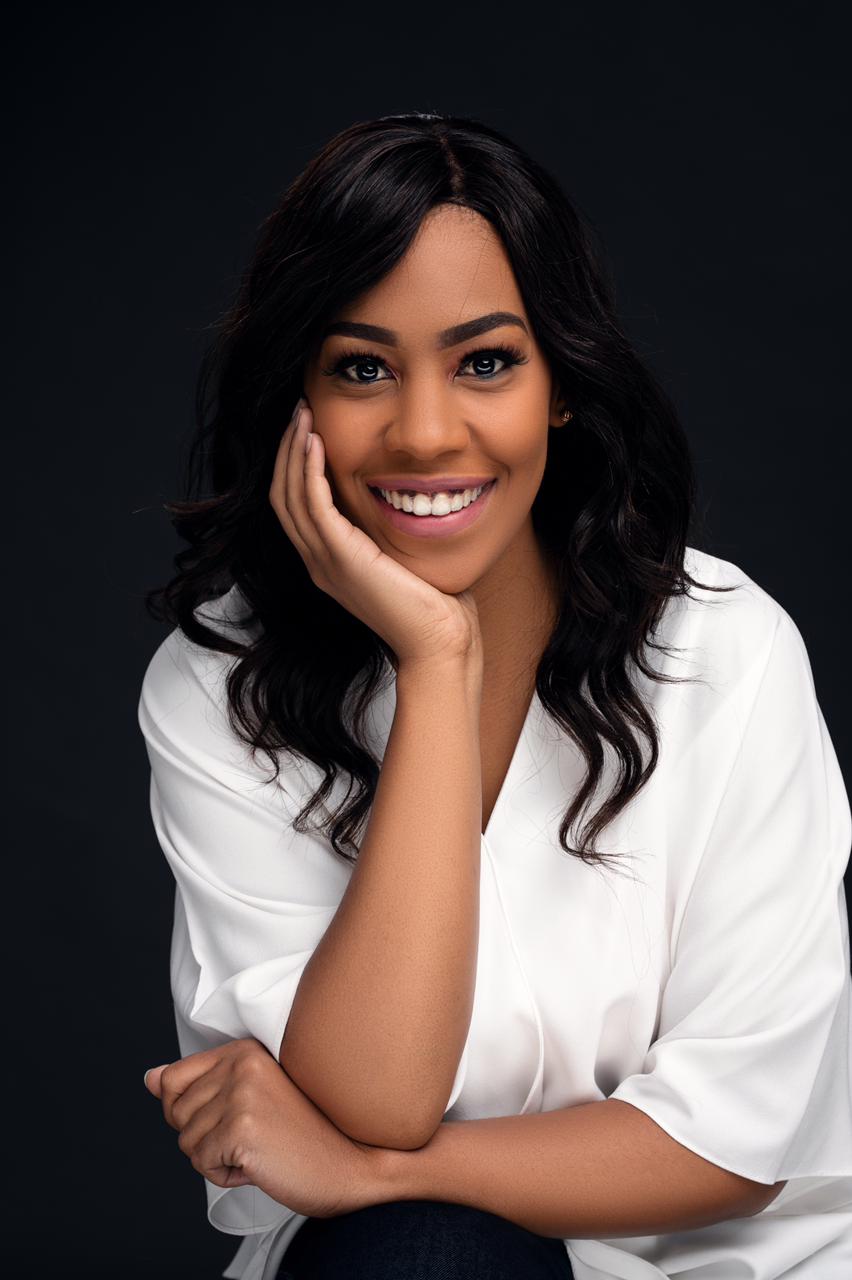
File Image of Victoria Rubadiri
I then served as a business news reporter and presenter for Capital FM in Nairobi, Kenya. I have been a reporter and news anchor on Kenyan television since 2012 covering three General Elections and hosting daily current affairs news broadcasts. While building my television career I have hosted pertinent conversations on social issues that hit at the heart of Kenya’s most pressing concerns.
As a result, I developed a real nose for original, creative journalism and built an invaluable database of contacts across the region.
1. a) With your journey in the media industry spanning over a decade now, transiting from Radio to TV, what are some of the lessons you have picked along the journey?
Impact, impact, impact! That was and remains my motivation. We can easily slip into complacency when covering endless press conferences and get caught up in the cycle that is a conveyor belt of news. However, it’s in the moments you dig deeper into a story that gives viewers a different perspective, cover an event of national and global significance or bring relief to someone’s plight that makes all the difference. The privilege we have as journalists to be the custodians of another person’s story should never be taken lightly. I just hope that each time I have had an opportunity I do a story, I have given it the most deserved justice.
b) What career tips will you give to younger women in the media, especially, those still finding their space within the industry?
Invest in your growth. Only you can do this. You can’t always rely on your employer or a boss to notice your potential, which is known as the ‘tiara syndrome.’ Unfortunately, the reality is that your work ethic or brilliance will not always be rewarded. So you need to take advantage of opportunities in your career to elevate your craft; be it paid or free training and fellowships.
Expose yourself to new environments, expand your scope of work and go beyond your locale. Be curious about your industry and try new things such as new ways and platforms to tell your stories. This will give you fresh inspiration and perspective and open you up to new possibilities career-wise. Be ready for global opportunities.
2. You are the second Kenyan and the first Kenyan woman to win the BBC Komla Dumor Award (2020) please tell us about this recognition and any other awards you have won and what they mean to you and other women looking up to you.
I have never been one to apply for awards and fellowships and to be honest, the BBC Komla Dumor Award was the first award scheme I pursued. At the time, I was at a point in my career where I felt I had plateaued and needed a change in perspective and more importantly a new challenge. Komla was such an inspiration to African journalists aspiring for more and so I decided to apply, put my work and myself out there.
I bet on myself in this process and it ended up elevating my profile to heights I had never imagined. That’s what I hope other women in the media and other fields are inspired to do in their journeys; to see themselves and their work as worthy contributions to their respective fields, and spheres of influence.
In 2019, I had highlighted the experiences of women who had cervical cancer in a series called ‘Wombs of Sorrow.’ It ended up winning a Kuza Award from the Communications Authority of Kenya. A few days before the award was announced, one of the women called Rose, who I featured, had succumbed to cervical cancer. It was a bittersweet moment, but the silver lining was the messages I got from women who said they went to get screened because of Rose’s story. She may have lost the battle but saved so many lives by sharing her experience.

Victoria Rubadiri
3. You run a mentorship programme called Girlfriends Confidential Talk. Tell us more about this and some of the impacts it has had on women and girls so far.
It is the brainchild of the Village Market and was born out of the need to better reach and connect with their female clientele. When I came on board I sought to inspire, equip and challenge young women who were about to graduate from university, starting their careers or looking to either climb the corporate ladder or plunge into a business venture.
I truly believe in the four years I led it, we managed to do that through the quarterly gatherings. To this date, I still get messages from women who religiously attended the sessions, telling me how they reimagined themselves and are now more aware of the possibilities that lie ahead of them. It’s been an incredibly fulfilling journey.
4. From your personal experience, please tell us, what role has each of the following played in your career journey?
Confidence. This is something I have had to do on a daily basis, to remind myself of the importance of self-belief and in and my abilities. However, confidence comes from the preparation and knowing I am prepared before tackling a challenge.
Networking. It opens unbelievable doors and exposes you to rooms and spaces you could only imagine.
Proactivity. This is a key ingredient to achieving success. Self-motivation is critical to spurring the perseverance you need to keep going.
Work-life balance? Does it exist? It is a myth. I see it more like work-life integration. You cannot give equal time to everything and everyone in your life but you can be present and intentional in every moment no matter how short.
Mentorship. It gives one some perspective and has helped me course correct along my professional journey.
5. Cyberbullying for women in media, including trolls, stalking, online harassment, is prevalent in the age we are in. What are your thoughts around the same? How can women in media deal with it?
It is not easy dealing with cyberbullying, but I feel women in the media need to trust their voice and be unafraid in defending their thoughts online. Social media is a powerful channel for communication; however, it has become a toxic and volatile space and inadvertently silenced many capable, sound female voices. Until regulations are formulated and there is an attitude shift in how women’s voices are received online, women have to be willing to get into the fray and take the hits whenever they express themselves. It is the unfortunate nature of the social media world we live in, but I hope it changes soon. We must all strive to make social media a safe space for women and everyone else.
Victoria Rubadiri at work.
6. What would you consider to be the most important values in your life, and how do these shape the way you work and live?
My faith plays a huge role in how I work, treat my colleagues or even approach a story. It informs my desire to just be a good human being. It helps me see the humanity in others and to lead and respond with compassion. After experiencing a global crisis like the COVID-19 pandemic it became even more evident that we need to show more empathy in how we live and work.
7. How do you describe yourself, and how do others describe you?
As an overcomer. Statistically, I’m not supposed to be where I am today or achieve what I have so far. Starting my career several steps back as a young, single mother, finishing university was a miracle in itself. I never set out to be the poster child of what a single mother can achieve but I’m grateful for the platform God has granted me to show nothing is impossible.
Any parting shot? “Honour the space you’re in with your best effort.” -TD Jakes.
It’s a quote that constantly reminds me to give my best and be faithful with the opportunities right in front of me. Circumstances don’t have to be perfect to achieve greatness.
By Patience Nyange and Esther Kiragu
